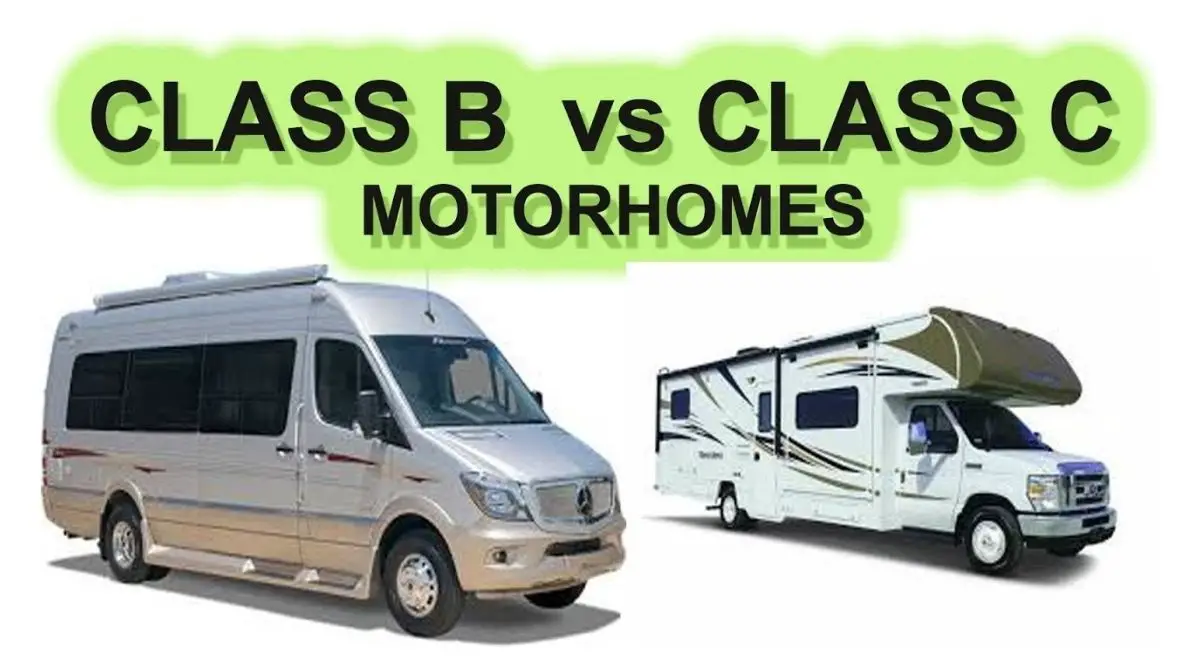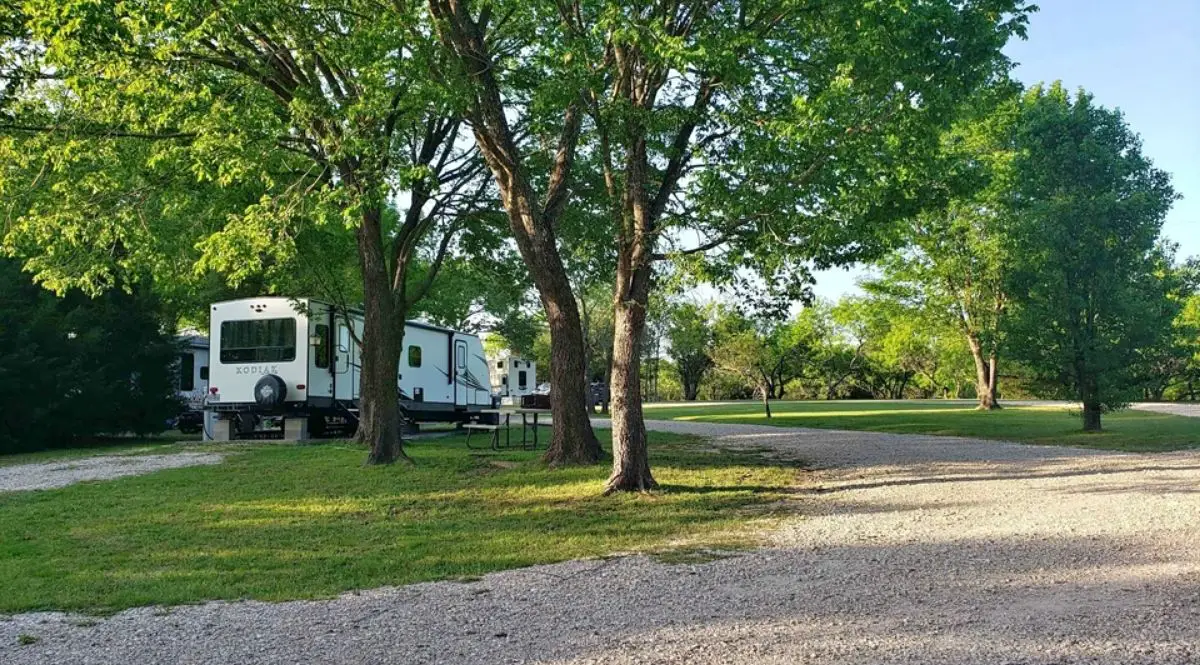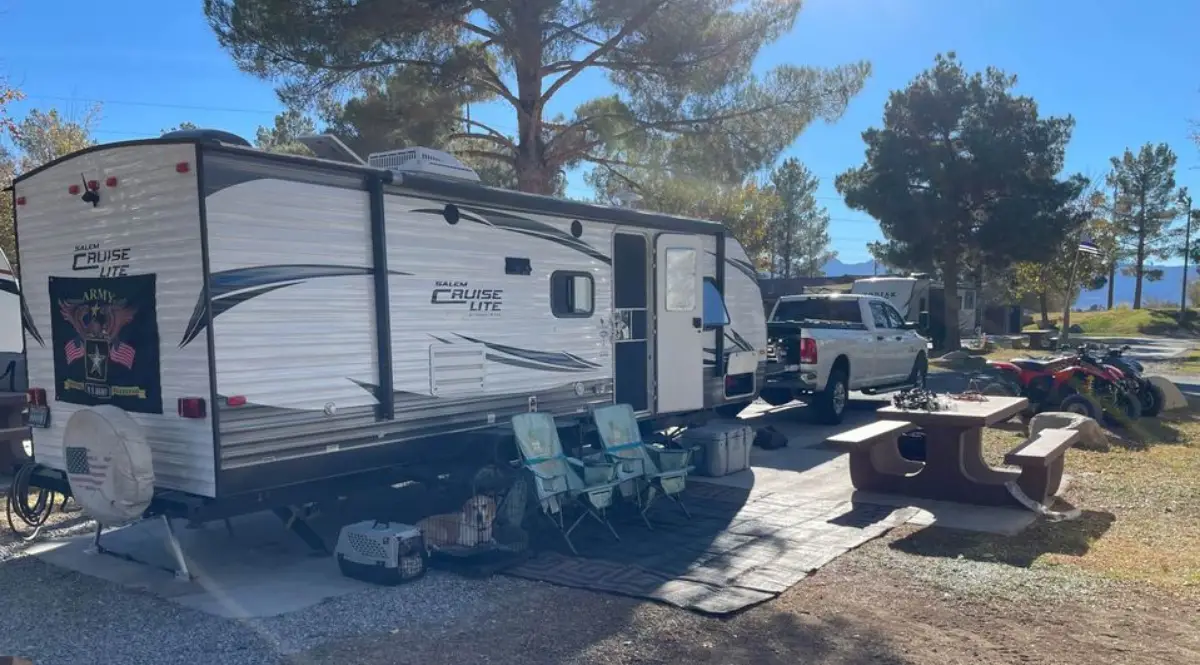When you are full time living in an RV it depends on what the person is seeking, flexibility or comfort. Class B RVs have better drivability and boondocking flexibility, whereas class C has more space and thus room for important amenities.
Many class B RVs have very small bathrooms and have a shower toilet combination due to the limited space, while class C RVs almost always have a bathroom with plenty of extra room for comfortable living. Camper-vans (class B) are more covert in finding a place to park, especially when in the city, whereas class C RVs are a little more stressful to drive and hours could be wasted scouring for a free place to park.
It’s important to ask: What is my priority? If it’s comfort and space, class C is the best choice. If it’s parking flexibility and driving, class B is better. Knowing the desired RV lifestyle will help determine one’s priority.
If the plan is to find secluded areas to explore and drive to hard to get to locations, a camper-van is a better option. The class C RV lifestyle would be much different, so here’s a look at the various lifestyles each class could offer.
What Level Of Luxury Is Required In Your Motorhome?
Everyone has a picture in their mind of what RV life will look like for them. How luxuriously would they want to live? Do they want just the bare minimum, or all the works? What are the essentials and what are the extras?
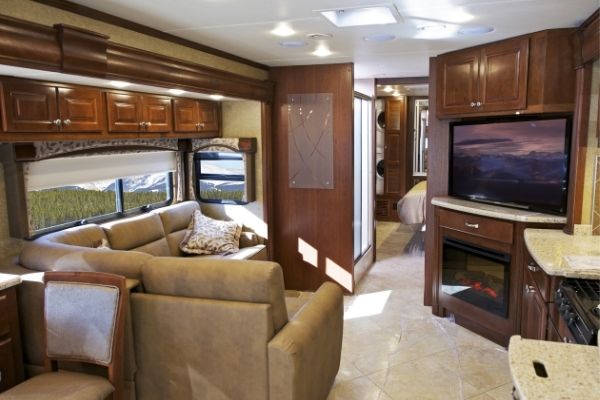
If you prefer more amenities, then a class C may be a better choice due to the extra space for such additions. Class B on the other hand requires strict use of space. This minimalist lifestyle is essential in a class B. Some people opt to build their own campervans as this has become very popular.
Are All The Amenities In Your Motorhome Required?
There is a lot of value in having space to cook, stretch, or curl up on the couch with a good book. With a class C RV, living inside the vehicle is easier, more comfortable. Many class C’s have a couch with a dining area and a full bed. Plus, many of these seating areas double as bed and storage spaces.
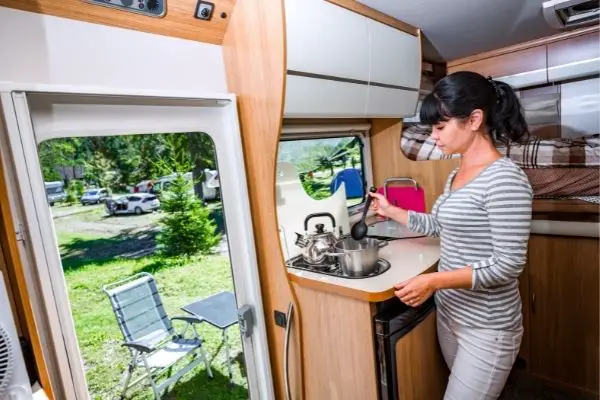
Class C’s also come with a full bathroom; some even have bathtubs! While a most class B’s, will have a small wet bath. These things may be important to some. To others, these extras are not that vital. If that’s the case, then a class B with less amenities and space may be a better fit.
Do You Need To Rough It In Your Motorhome?
If the plan is to rough it, that is only have the bare minimum, it’s important to know what is absolutely wanted and what can be left behind. What about a TV? Or would a laptop do just fine instead? Would a Coleman grill work rather than of a stove top? How about a shower? Many camper-vans do not have shower stalls, although some of them compensate for this with an outdoor shower.
Some camper-vans do have a full bathroom and all the other amenities that a class C has. The catch is that the more amenities a camper-van has, the less space there will be for storage and moving around inside the camper.
Living Off Grid Vs Full Services: Motorhome Living Lifestyle?
The type of living a full timer is going to do is an important factor in determining what RV class of motorhome is better for them. If someone desires boondocking or over landing, then going off grid maybe a better option, but if one is working at a specific location where they need continuous power, water, internet, laundry or they go off site to work at another location then perhaps full services is better suited.
People who typically need a place they call home for a period of time, may choose a campground that they can call home with other like minded people.
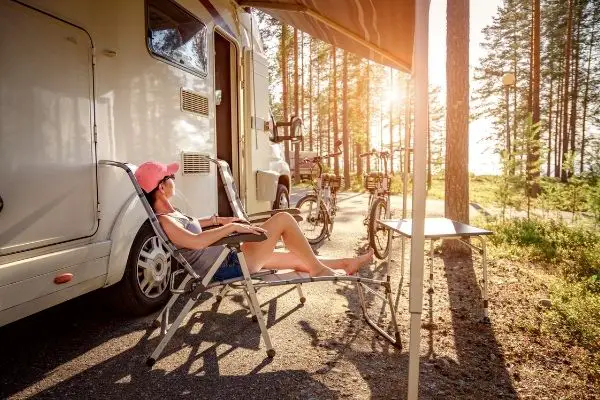
Boondocking Or Off Griding
A camper-van is great for boondocking and getting off the beaten path. Boondocking is when an RV parks in a completely undeveloped area. This is easier to do with a camper-van because of its smaller size. Maneuvering a camper-van on a bumpy or curvy road can be much easier than with a class C RV.
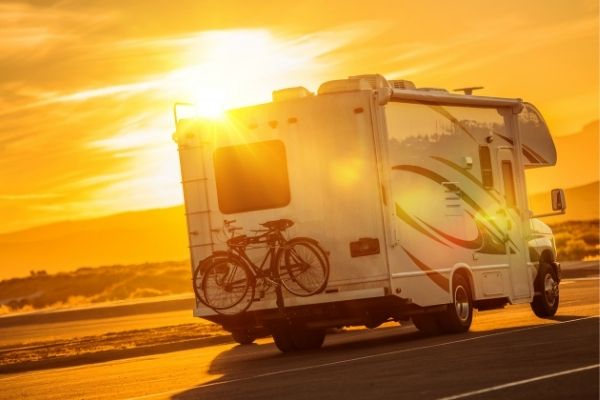
Boondocking is also made easier with a camper-van when it comes to parking in such undeveloped areas because they take up little space. This also has less impact on the surrounding environment, a vital aspect to consider when anywhere in the outdoors.
Even though class B’s are great for boondocking, this camping option requires off grid capabilities, such as water storage, energy storage, and energy collection in the form of solar panels which takes up more space for which personal items could have occupied.
Dry Camping
Dry camping are campsites that are usually easy to get to, but do not have hookups or sometimes even bathrooms. How important access to hookups are will determine where an RV goes. If not showering for two weeks straight doesn’t sound appealing, and the goal is to have a camper-van with no bathroom, then opting out of dry campsites may be a necessity.
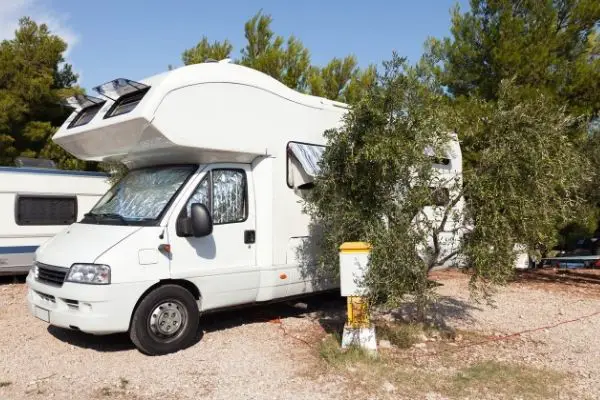
If dry camping is high on the list of things to do, then a class C RV with off grid capabilities would be a perfect fit. Class C’s can easily get to these campsites, and with all the amenities and hopefully an empty grey and black water tank, there is no need for a campsite bathroom or full hookups.
Campground Living
Campsites with hookups are generally very accessible, they provide a base for people who work off site or require continuous power and water. May people who live full time in their RV negotiate a monthly rate or yearly rate, rather than pay the $20 to $50 daily rates that many weekend Rvers pay.
There is less freedom, but more consistency and acts as a home base to reach out from. Many of these campgrounds have full services such as internet, mail, laundry services, recreation rooms etc. There is even a sense of community among those that live their full time.
People with kids may find this arrangement ideals as it provides a consistent location where kids become familiar with other kids in the neighborhood, and they develop friendships.
Is It Difficult To Drive Around In A Motorhome? Class C vs Class B
Smaller motorhomes such as a class B and C’s are not difficult to drive around as compared to larger class A and Super C motorhomes. There is a slight difference in driving a longer class C vs a class B in maneuverability.
Class B’s in general are easier to get around in city as it is not much different than driving a delivery van vs driving a class C, which is more like a one ton delivery van. Class C’s are a little more difficult to squeeze through spaces that a class B can easily fit through.
Class C’s may also have a harder time with parallel parking or angle parking in a parking lot, as where a B easily fits in like a regular car. Finding parking overnight in a city may also be a bigger challenge for the C owner if they wanted to stealthily park for the night.
Stealth Parking
Stealth parking is when an RV parks overnight in an area outside of a designated campsite, usually a residential neighborhood or parking lot. Camper-vans are smaller, less obtrusive to a residential road, and not as easily noticeable as a class C.
Because of this, they can more easily stealth park. A class C can stealth park, but often they will find themselves struggling to find a spot big enough. Not to mention that an RV parked in the city is just not stealthy, whereas a camper-van blends in easily.
City Camping
Although stealth parking can be done anywhere, many van lifers love to explore big cities. Unfortunately, class C RVs are usually unable to get away with this. People complain about a big RV in front of their store or house.
It’s also considered rude by most to park an RV in front of someone’s house, whereas with a camper-van, the line gets a bit blurry. Plus, it’s much more difficult to find a spot to park a class C in the city. They’re just too big!
How To Avoid Road Trip Stress
If the idea of driving a larger motorhome in traffic causes you stress, then choosing a smaller RV could be a solution. However, there are other options to work around such as planning your travel around avoiding roads that might cause you stress or traveling at different times of the day when there might be less traffic.
Or choosing a specific day to travel when there is less traffic such as Sunday Mornings, when most people are still sleeping.

